When it comes to nurturing your plants, you don’t always need expensive fertilizers. In fact, many common household items can provide essential nutrients and promote healthy growth, making overspending on fertilizers unnecessarily wasteful. Using what you already have is not only eco-friendly but also a fantastic way to give your plants a bit of personalized love, so if you’re looking for inspiration, try using these common household items that work fantastically as fertilizers.
Coffee Grounds
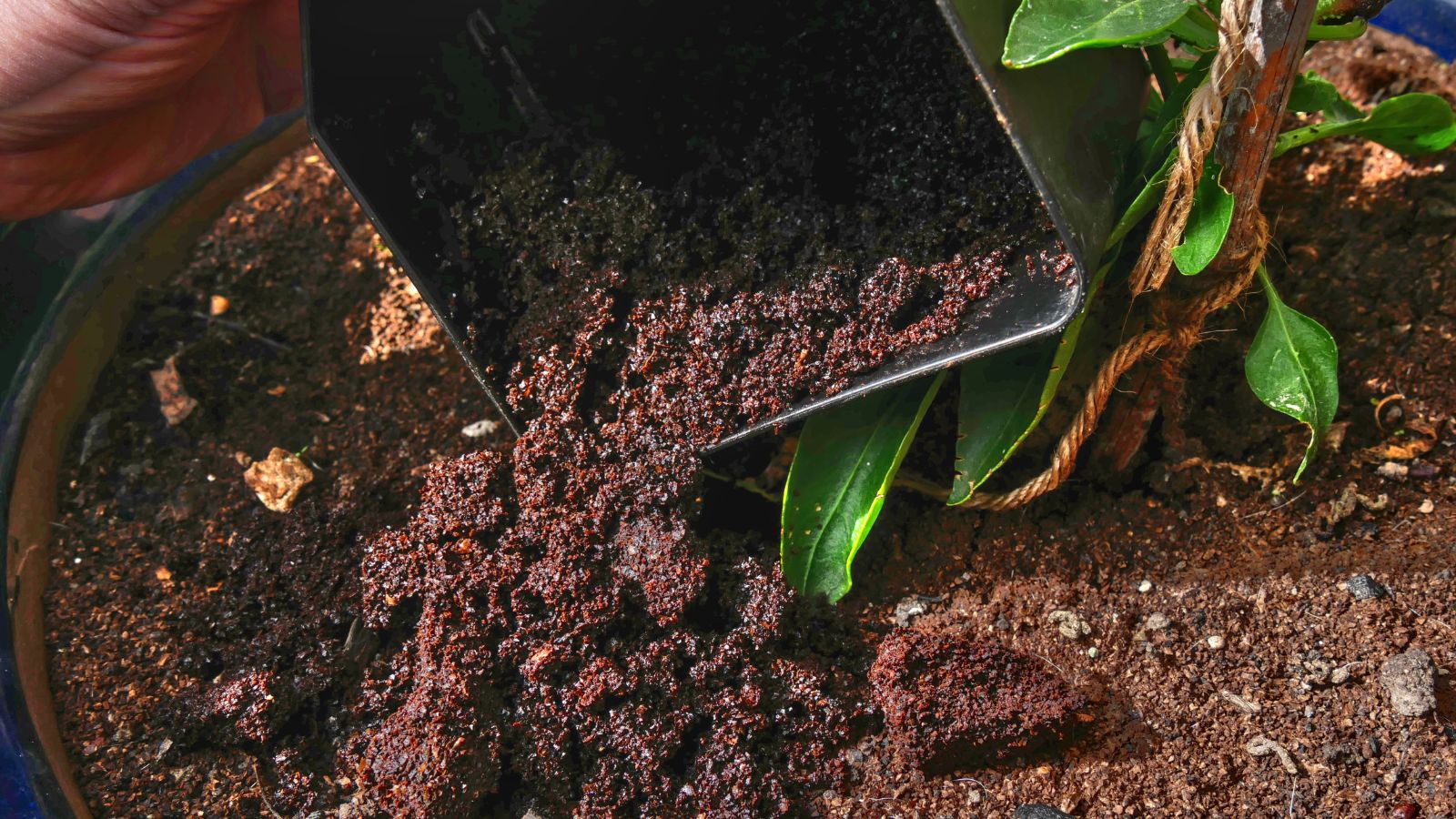
Starting things off with one of the most commonly used household fertilizers, used coffee grounds are packed with nitrogen, which is crucial for plant growth. Simply sprinkle them around the base of your plants or mix them into the soil, and they’ll do wonders for your soil. As a bonus, they also improve drainage and aeration and even help to attract beneficial earthworms, which further enrich the soil.
Eggshells
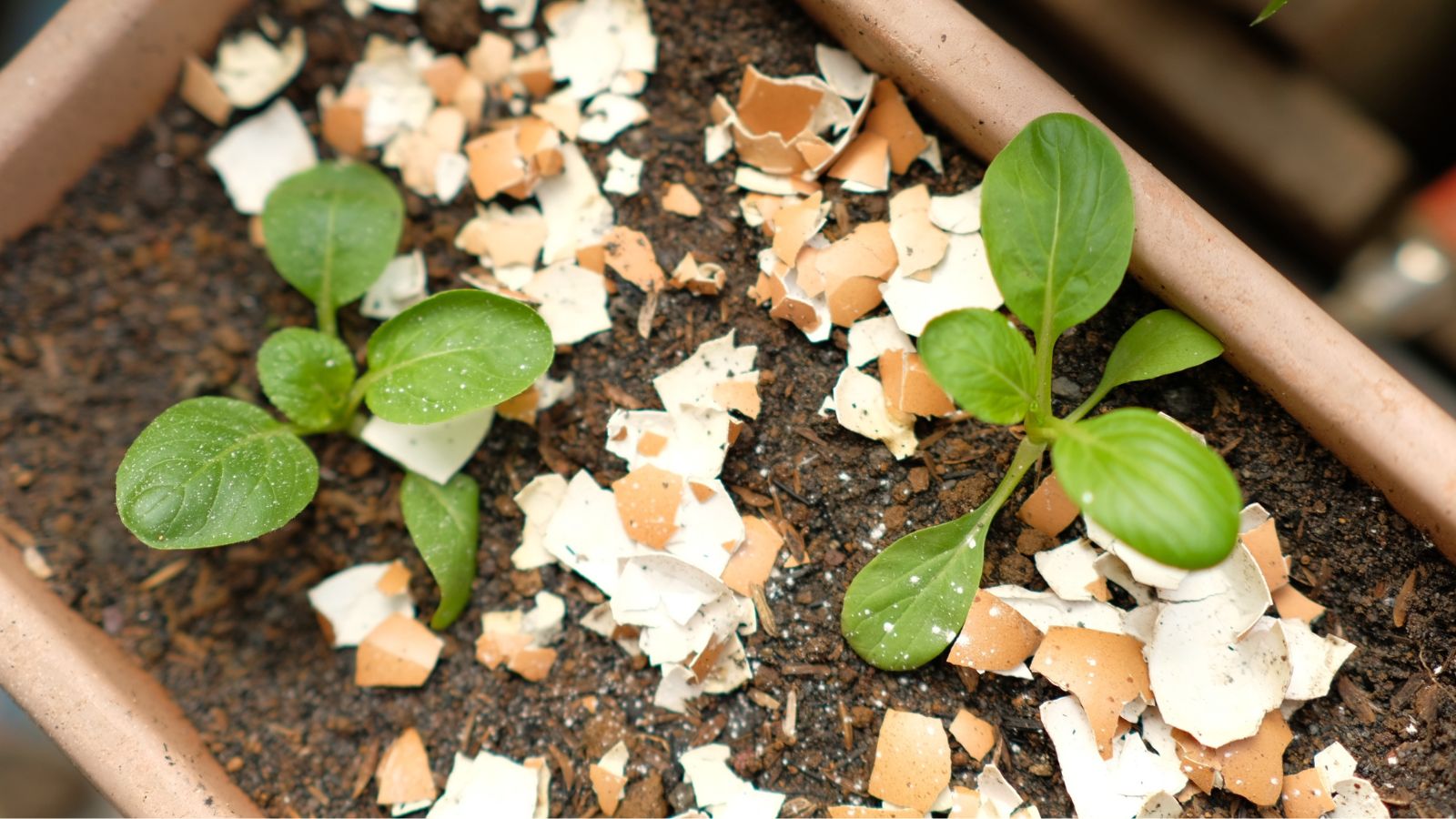
Another common household item that is used for plant fertilization is crushed eggshells, which provide a great source of calcium, helping strengthen your plants’ cell walls. Rinse and dry the shells, then crush them into small pieces, scattering them around your plants to provide a slow-release calcium source that will benefit them over time.
Banana Peels
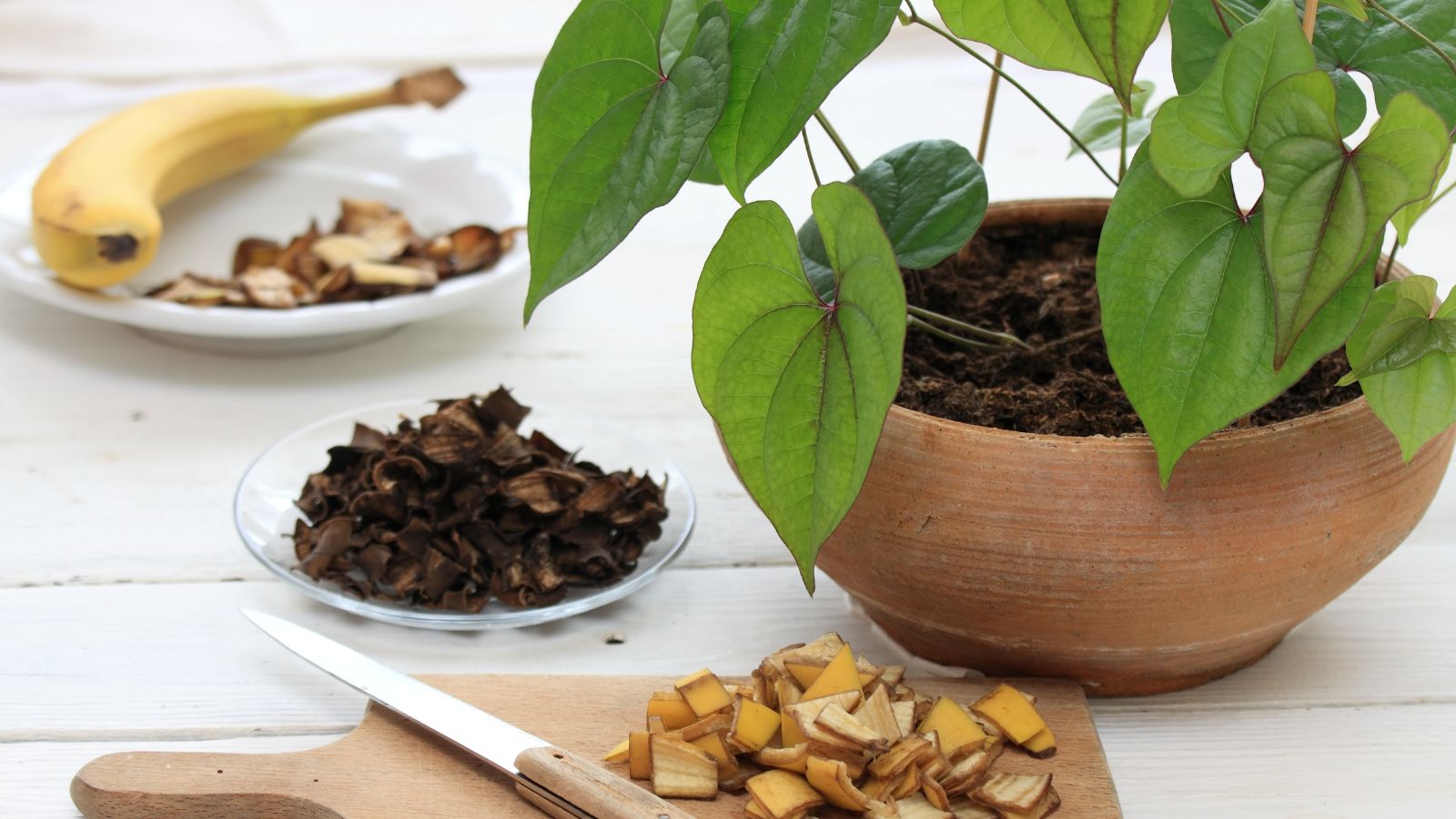
Whether you throw them into your compost or use them directly, banana peels are famously rich in potassium, a vital nutrient for flowering and fruiting plants. If you’d like to use them directly, just chop the peels up and bury them in the soil near your plants. As they decompose, they’ll release potassium and other essential nutrients, encouraging growth.
Vegetable Scraps
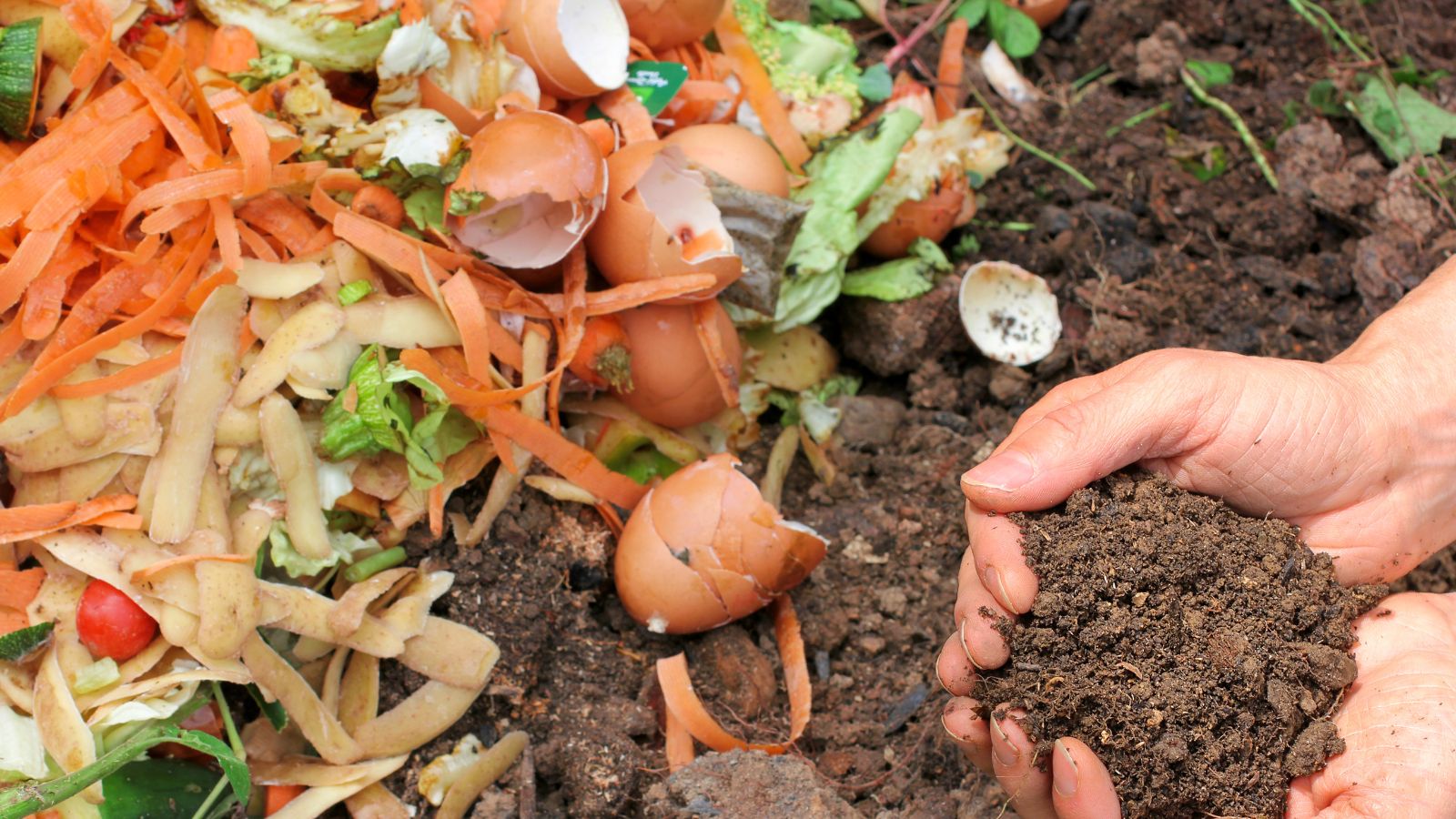
It shouldn’t be too surprising to learn that vegetable scraps, such as carrot tops or onion skins, can be added to compost piles or directly into the soil. They break down over time, enriching the soil with nutrients and organic matter; just make sure to bury them well to prevent any unwanted pests.
Tea Leaves
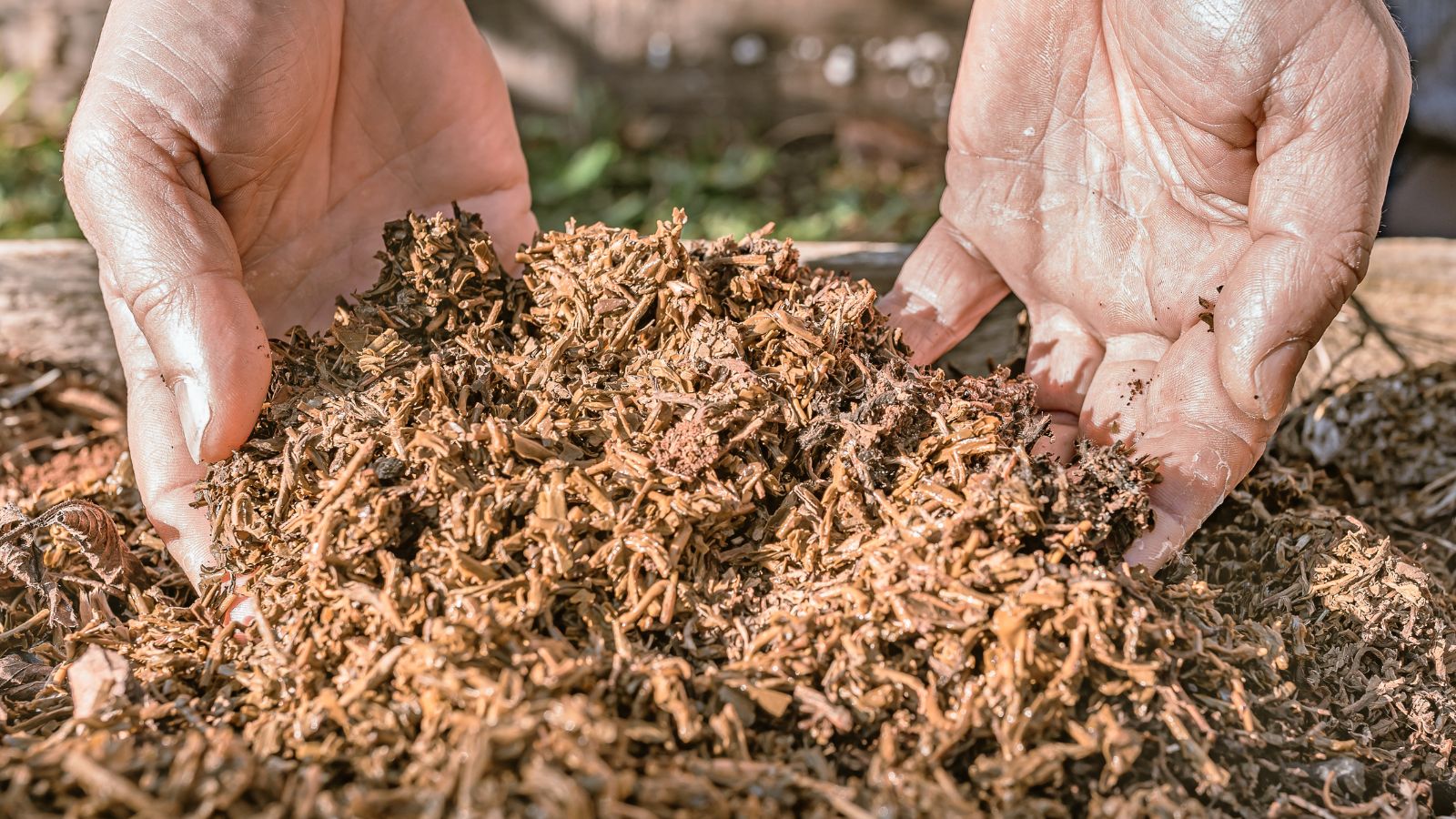
Used tea leaves are another fantastic addition to your plants’ diet, as they contain nitrogen and other trace minerals that promote healthy growth. All you’ll need to do is mix them into the soil or sprinkle them around your plants, and your soil’s nutrient availability will improve dramatically.
Epsom Salt
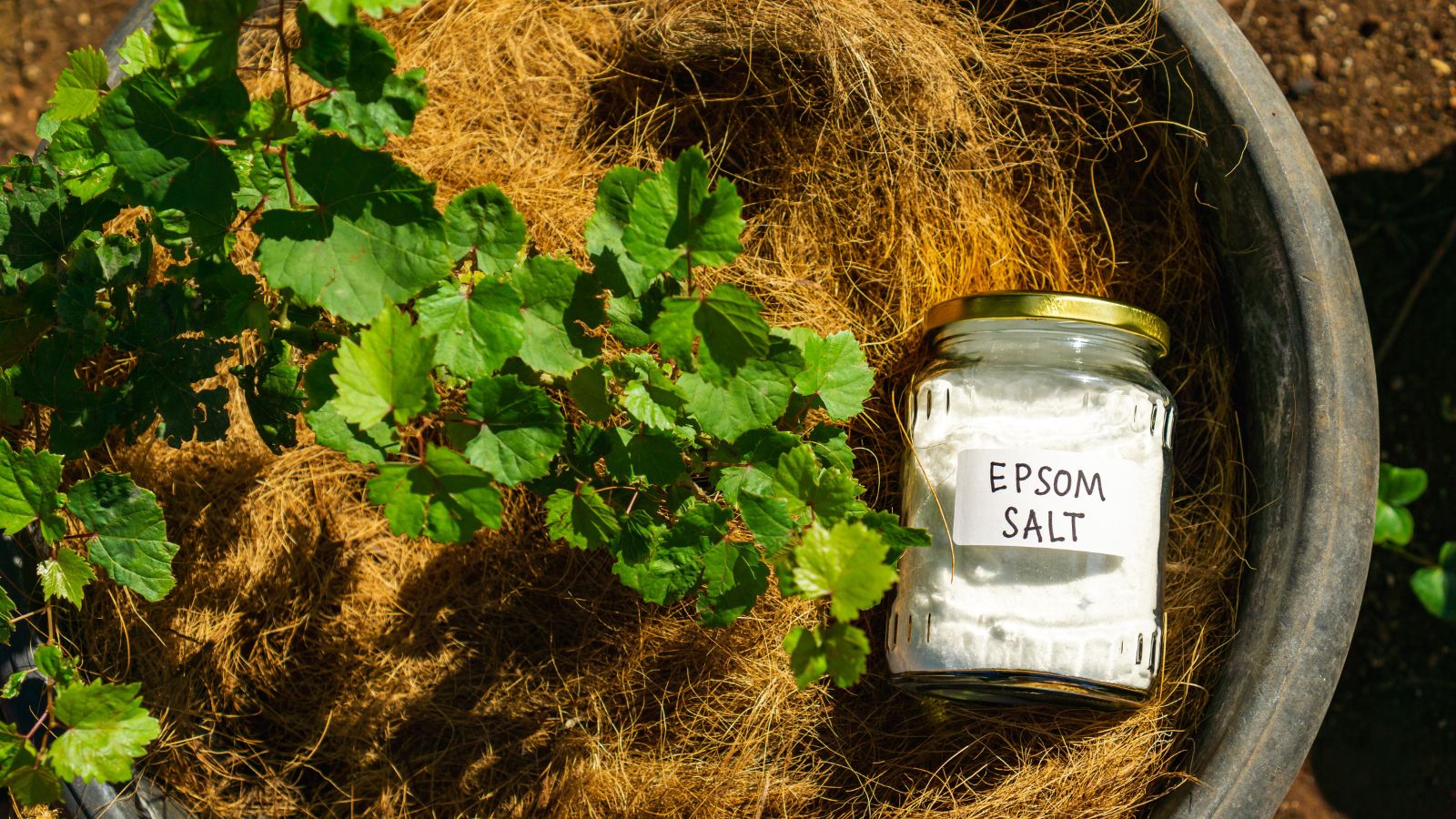
Epsom salt is a solid source of magnesium and sulfur, both of which are essential for plant health. Dissolve a tablespoon in a gallon of water and use it to water your plants monthly. Believe it or not, this simple gardening hack has the potential to boost your plants’ growth significantly by improving nutrient absorption.
Rice Water
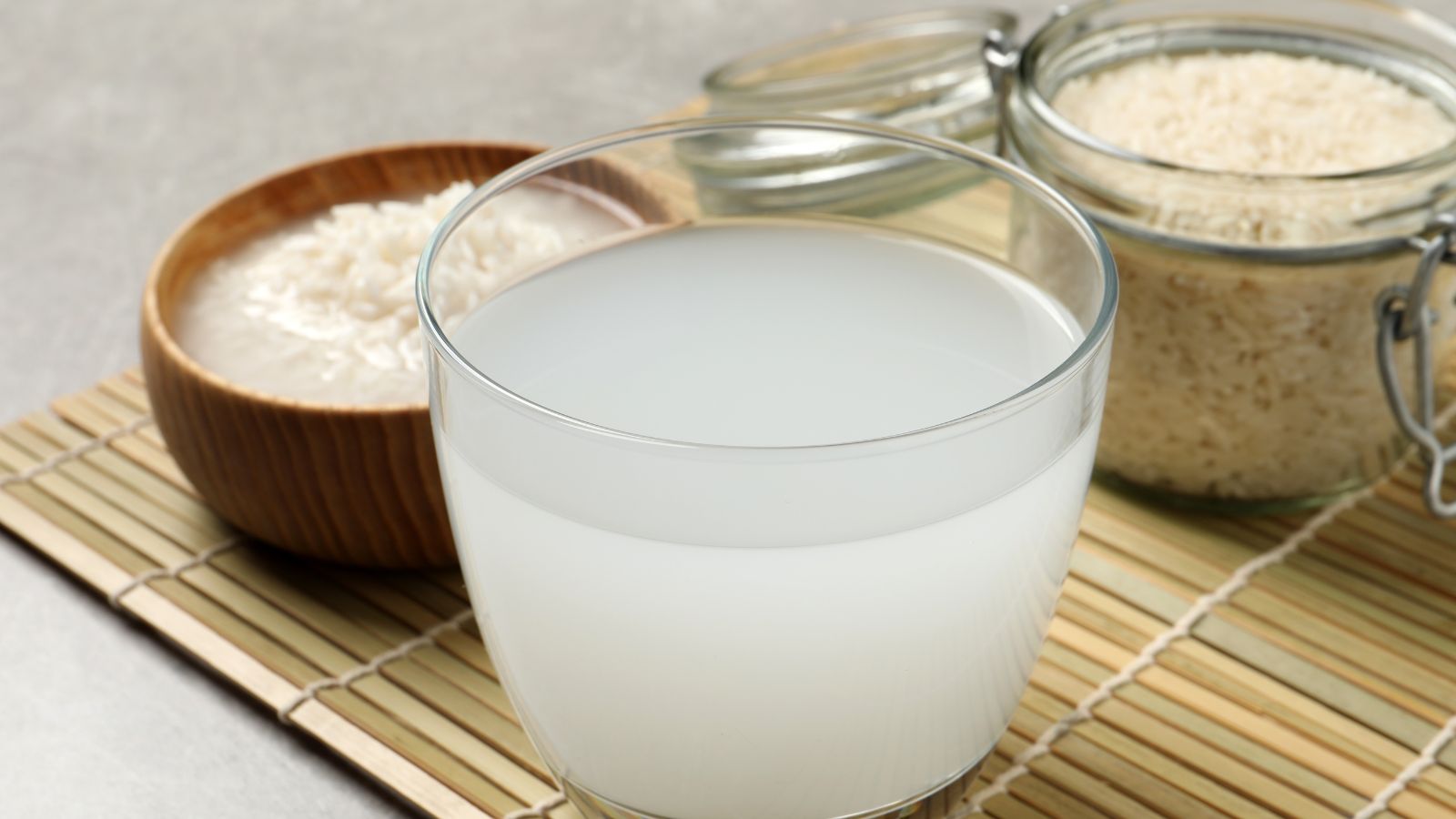
When you have water left over from cooking rice, you probably just pour it down the sink, right? Well, it’s time to stop doing that, as that rice water is rich in vitamins and minerals. Allow it to cool, then use it to water your plants. It’s a great way to provide a nutritious boost without wasting anything.
Leftover Fish
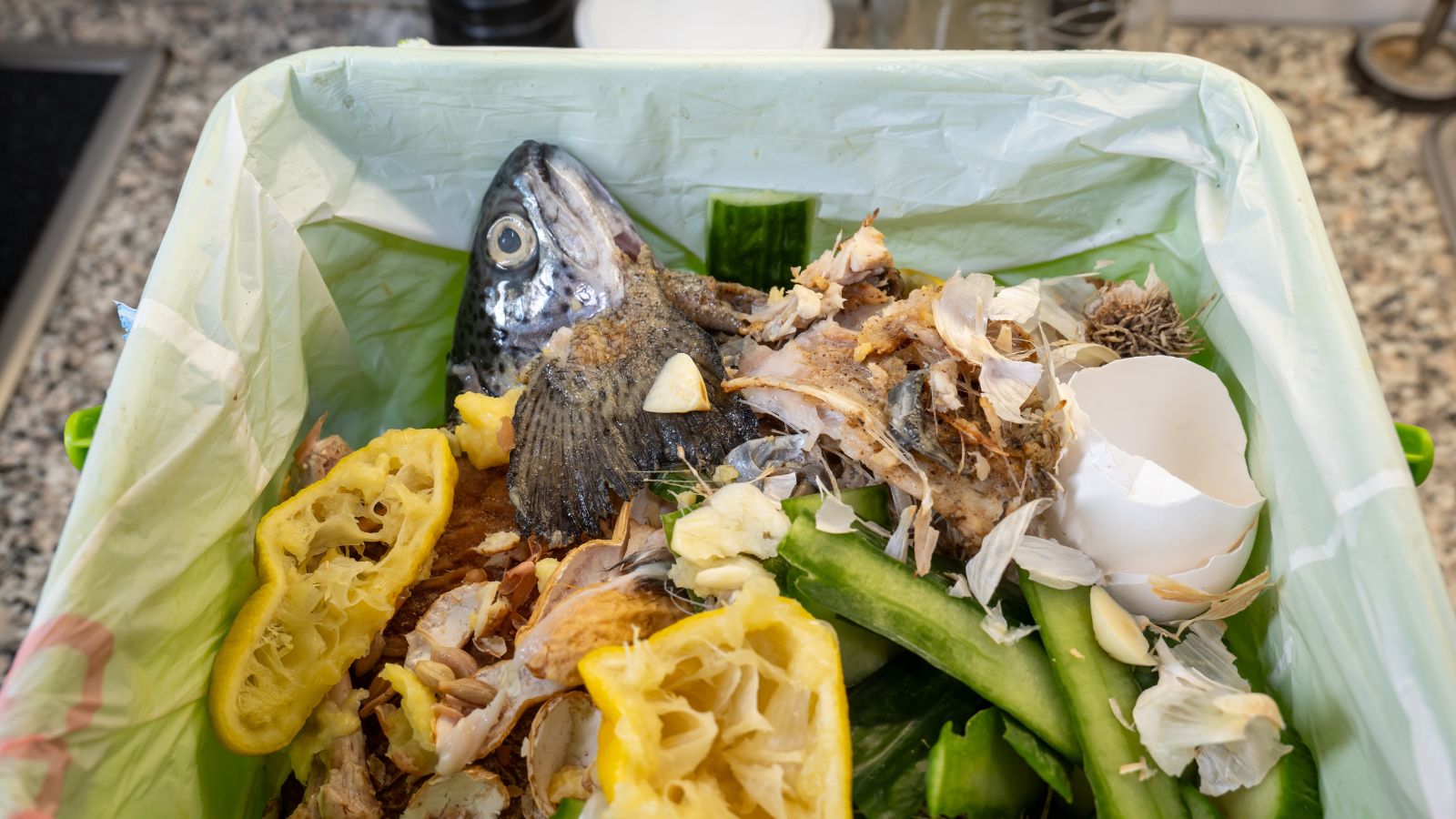
If you enjoy seafood, don’t throw away those fish scraps; they can be an excellent source of nitrogen and other nutrients for your plants. However, you’re going to need to be very careful to ensure that you bury the scraps deep into the soil unless you want raccoons and other creatures to start digging up your garden.
Wood Ash
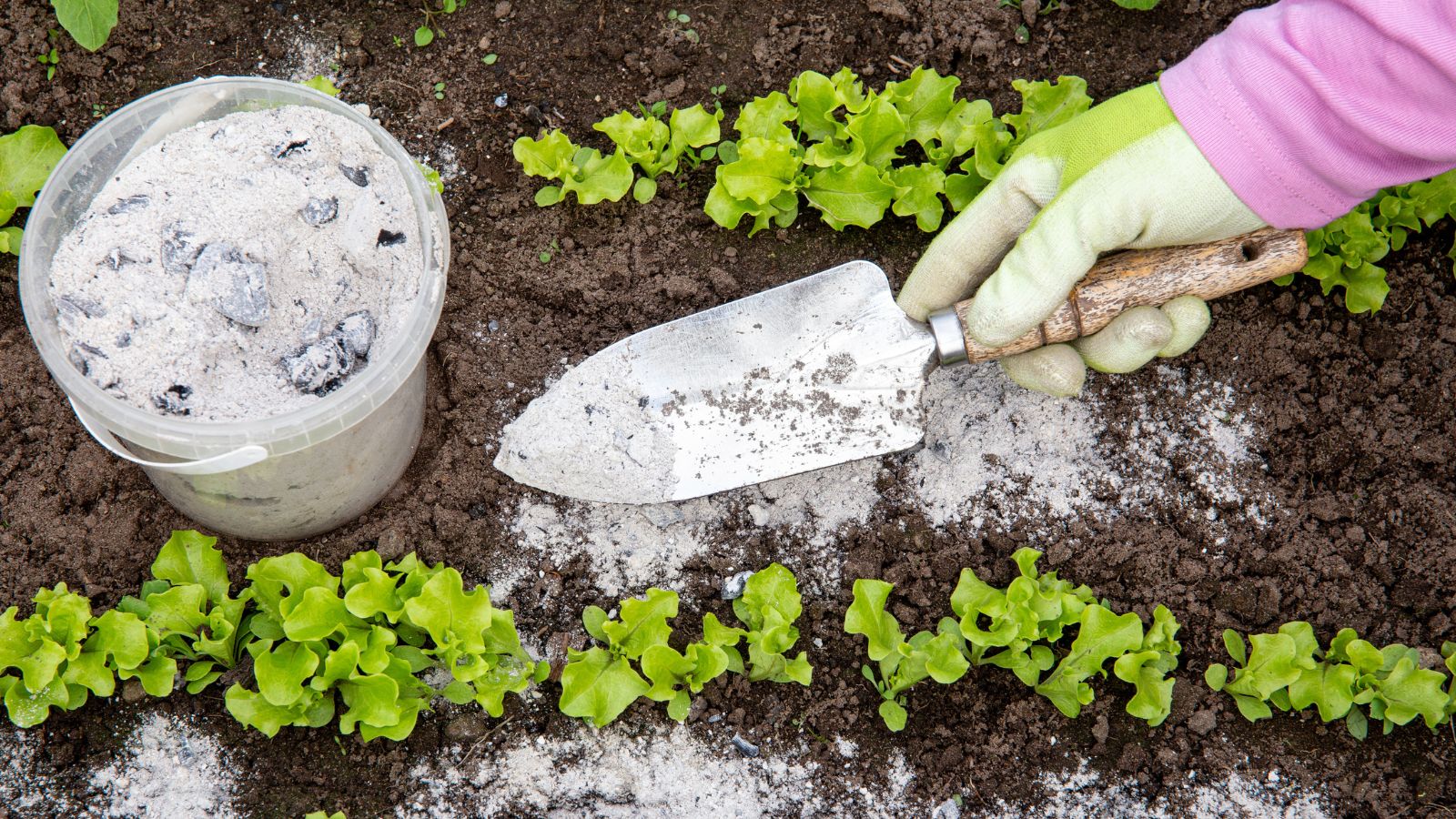
Anyone who owns a fireplace should remember to use the ash from their firewood for plant fertilization. It’s a natural source of potassium and lime, so feel free to sprinkle it lightly on your garden beds or mix it into the soil. Just be cautious not to overdo it, as too much ash can raise soil pH.
Used Charcoal
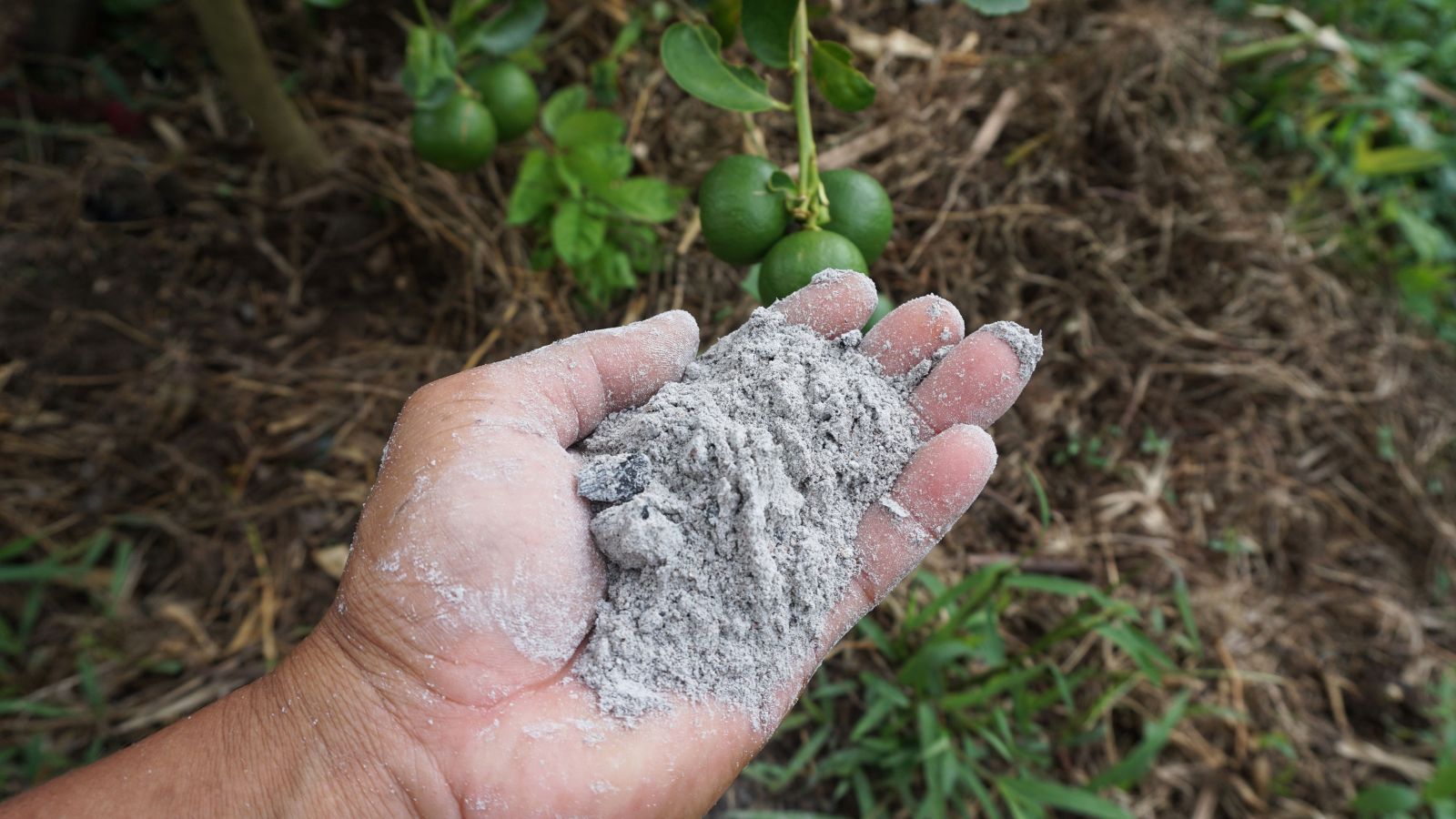
Similarly to wood ash, charcoal is very beneficial to the fertilization of plants, but in different ways. Specifically, it helps to improve soil drainage and air circulation. So, if you have leftover charcoal from a barbecue, crush it into small pieces and mix it into the soil. You’ll also find that it helps retain moisture, creating a healthier environment for your plants.
Molasses
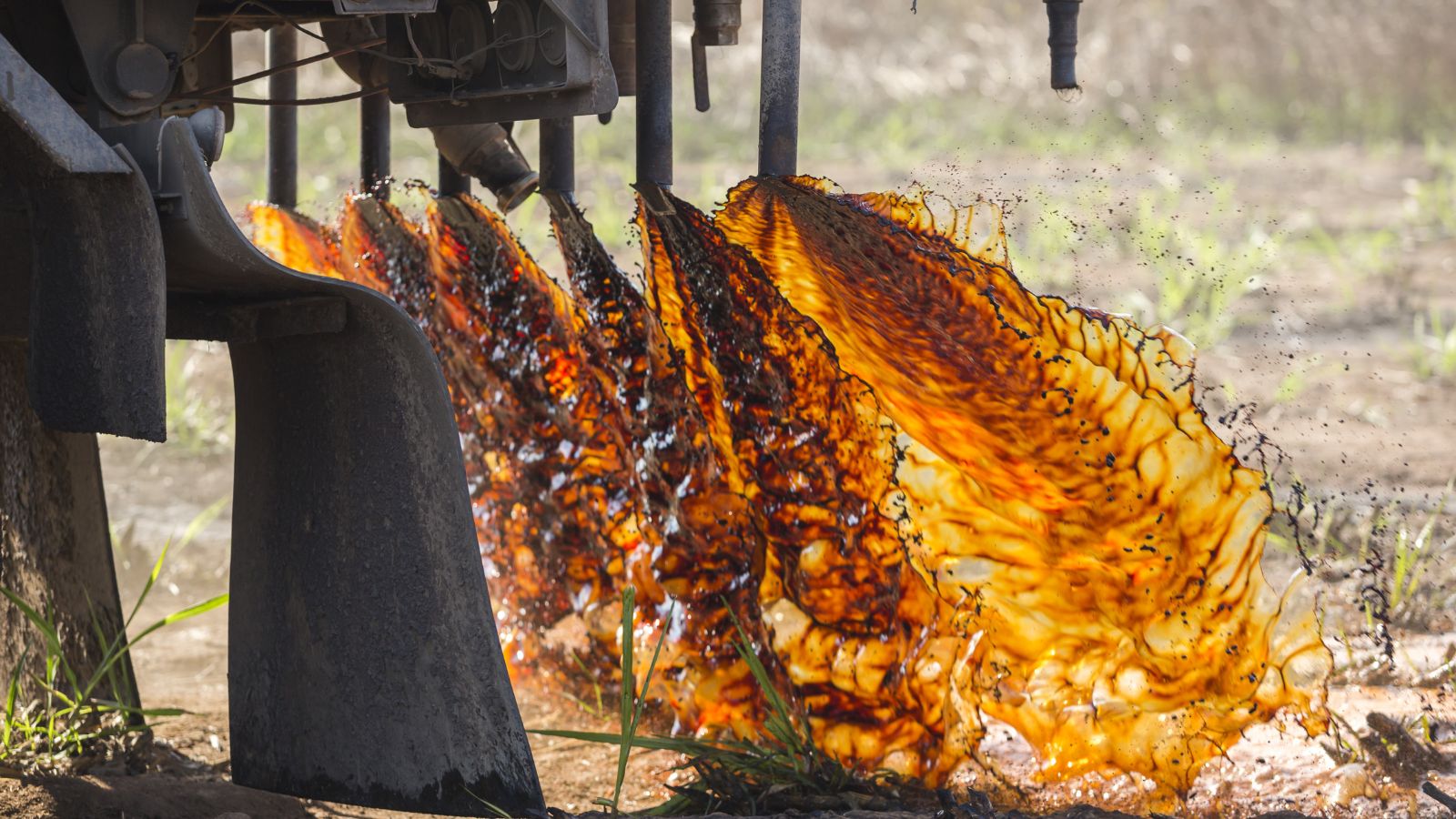
Has there been a jar of molasses sitting in your pantry for weeks, perhaps even months? If so, don’t throw it in the trash–molasses makes for a great source of carbohydrates for beneficial soil microbes. It’s literally as simple as mixing a tablespoon of the stuff into a gallon of water and using it to water your plants. This encourages healthy microbial activity, which in turn helps your plants thrive.
Citrus Peels
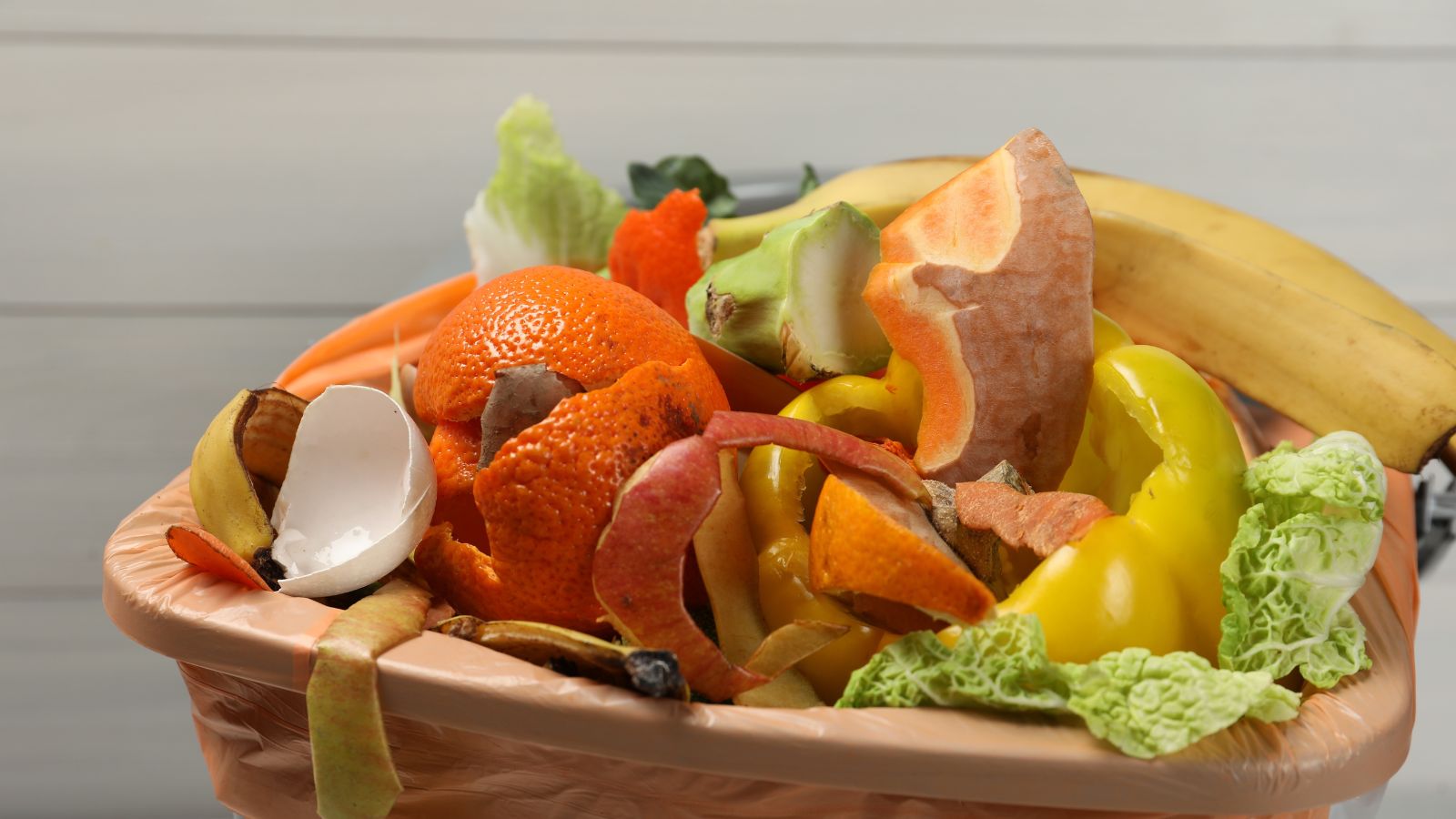
Sure, citrus peels are a great addition to your compost bin, but they can be even more beneficial if you apply them to your soil directly. This is because they contain oils and nutrients that can benefit your plants a lot, so cut them into small pieces and bury them in the soil. After a while, they’ll decompose and enrich the soil while also providing a pleasant aroma.
Cornstarch
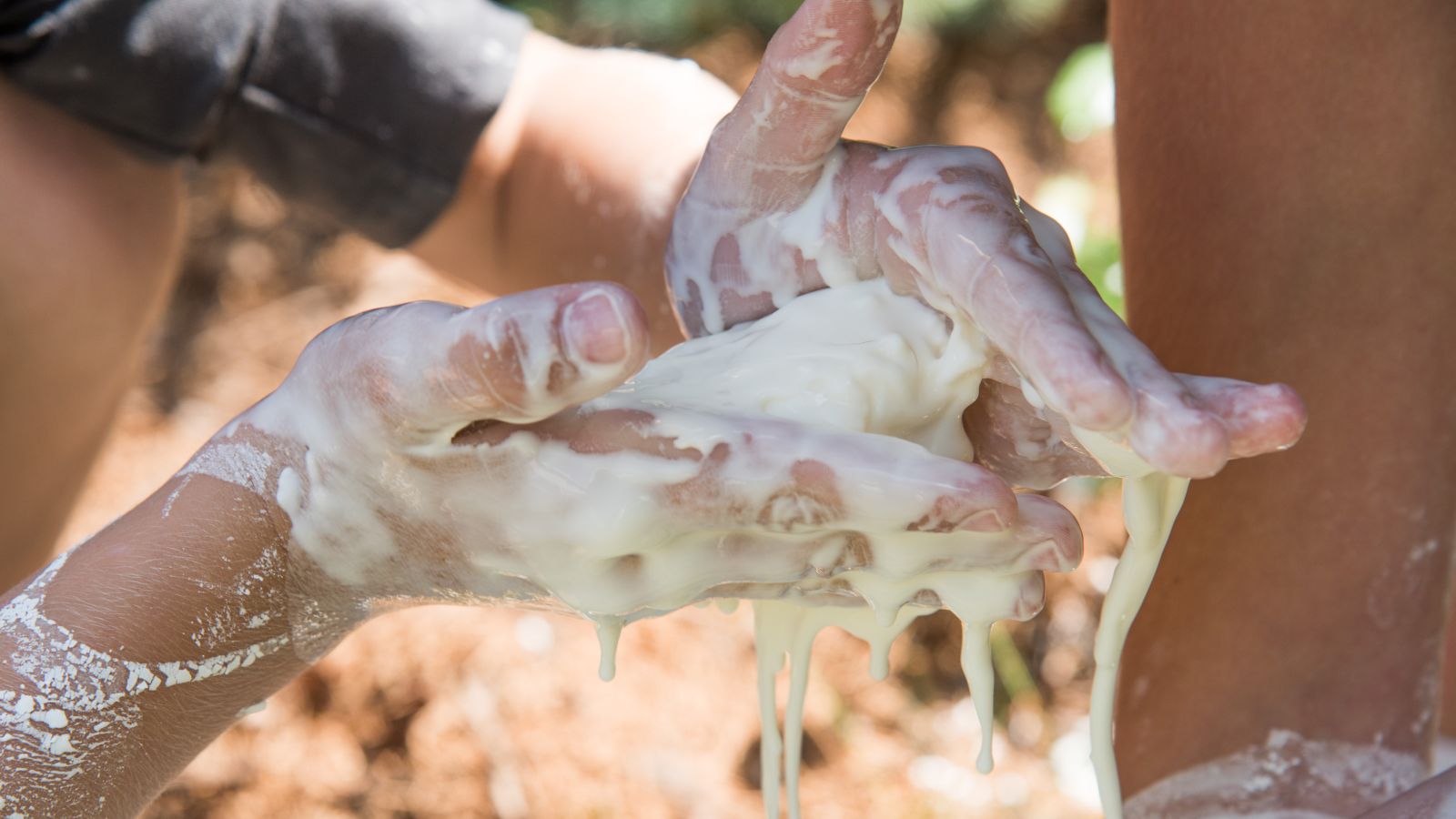
Next time you have some leftover cornstarch, don’t throw it away, as it can serve as a natural source of carbohydrates for your garden beds. Mix it with water to create a paste, and apply it to the soil around your plants. Over time, it will gradually break down, releasing nutrients into the soil.
Coffee Filters
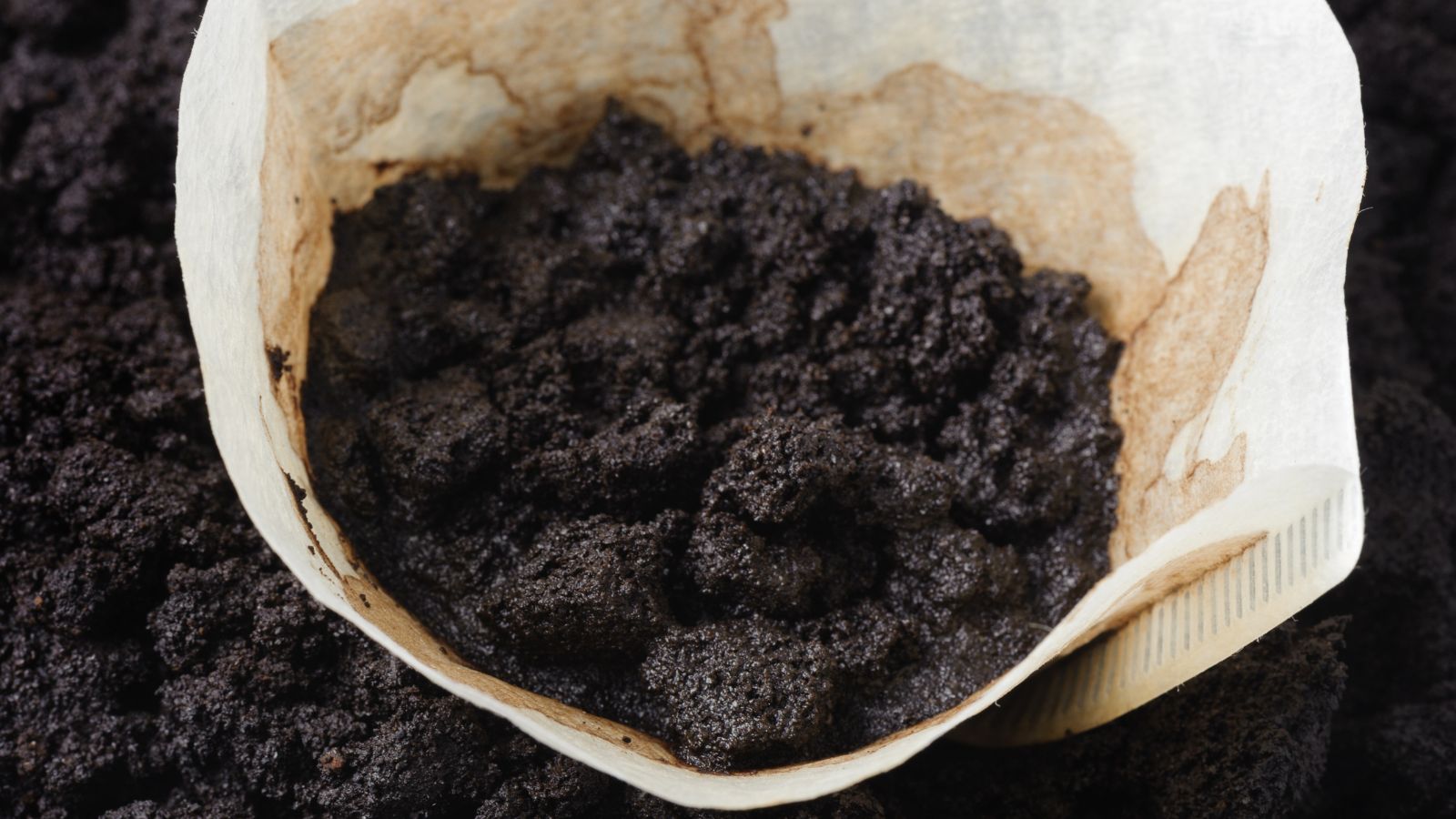
Even though they’re not a fertilizer themselves, used coffee filters can still play a major part in helping out your plants, specifically by improving your soil structure. Tear them into small pieces and mix them into the soil. Once they break down, they’ll enhance the soil’s aeration and drainage, and your plants will love that.
Hair
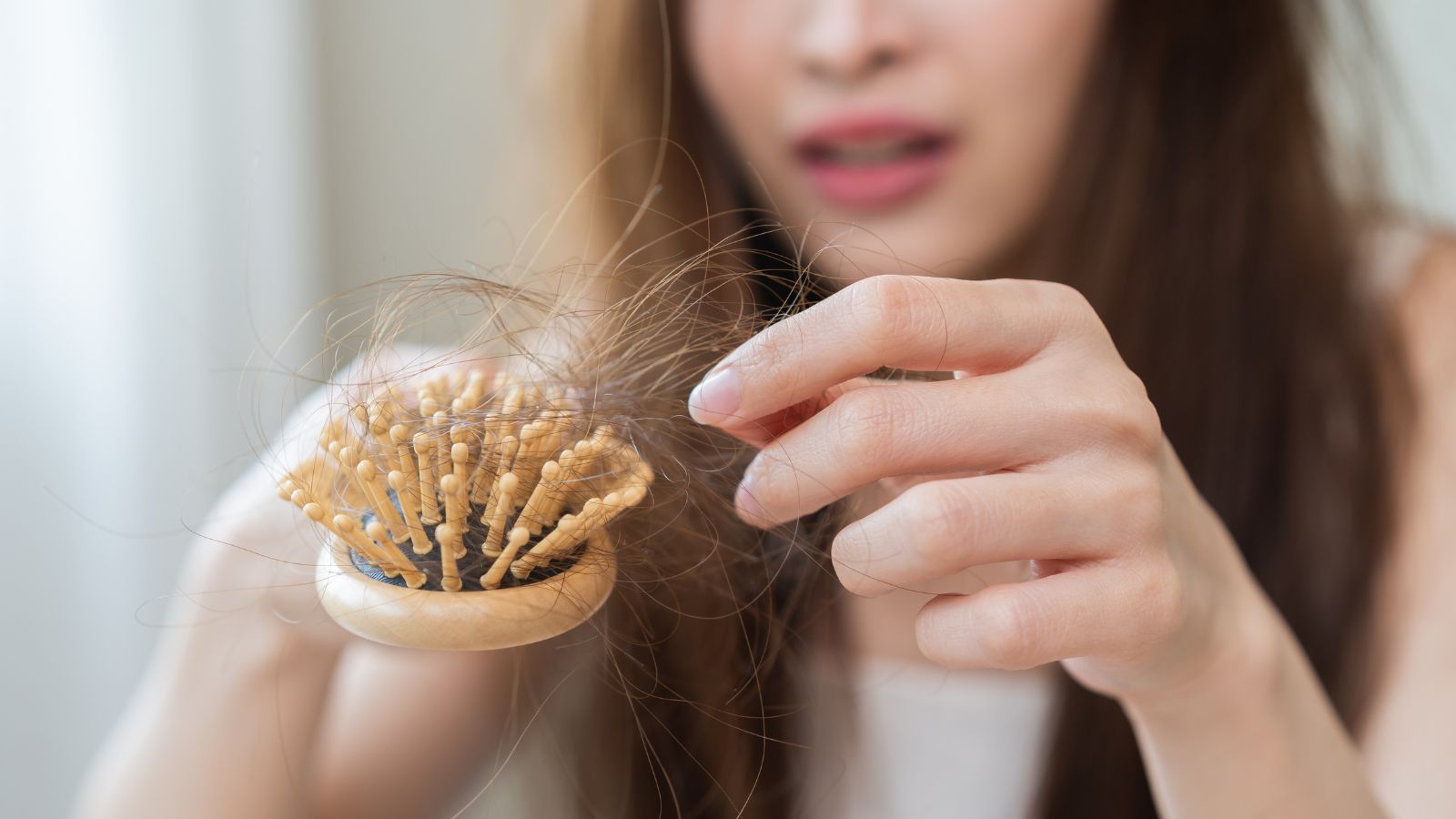
This is going to sound gross, but human hair is packed with nitrogen and can, therefore, act as a slow-release fertilizer. When you brush your hair and find some loose hairs caught up in your brush, remove them and sprinkle them on your plants to provide a nutrient boost.
Potato Peel
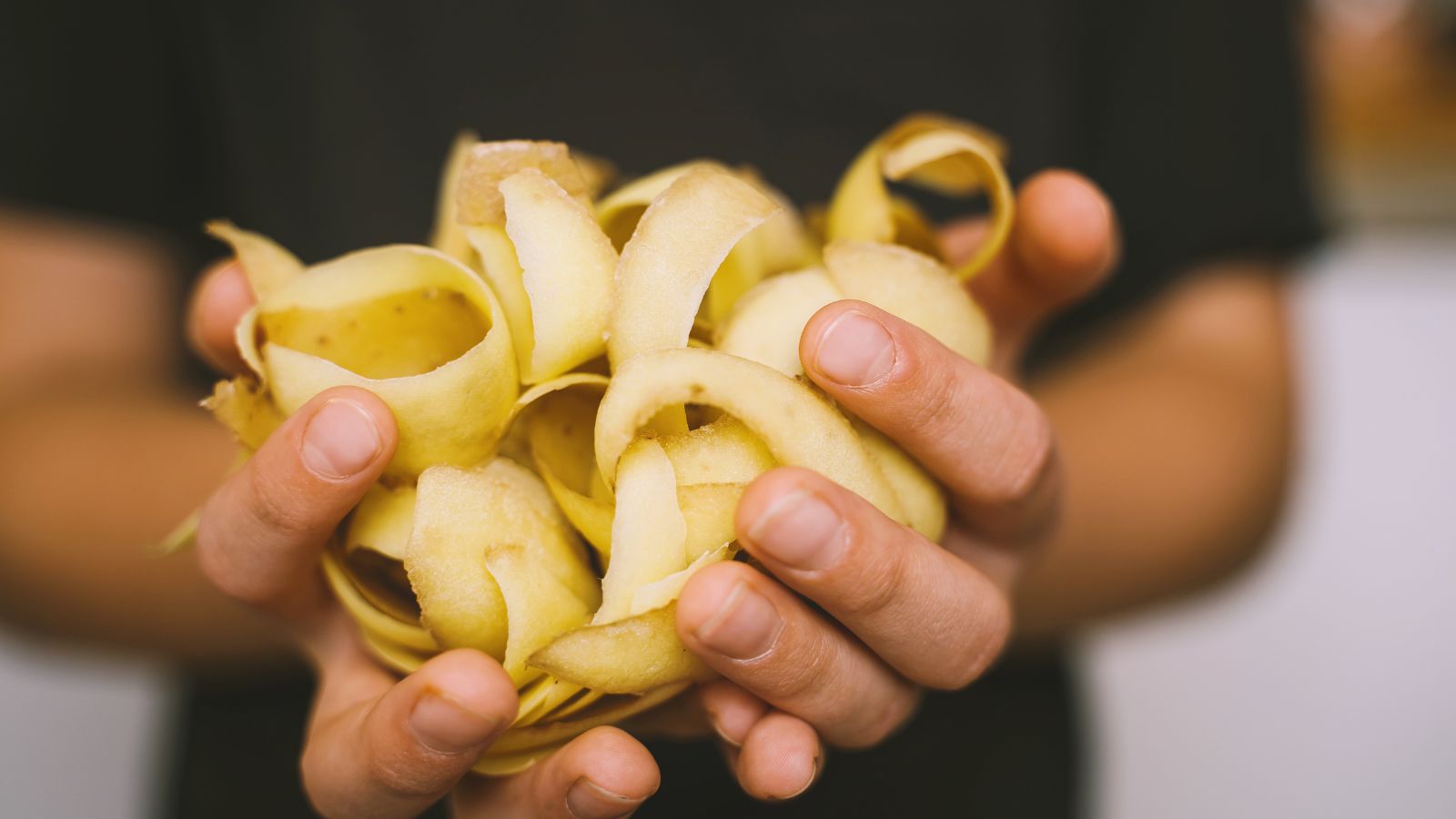
It shouldn’t be too much of a shock to read that potato peels will work wonders on your soil. This is because they’re rich in nutrients, especially potassium, much like banana peels. You can chop them up and bury them in the soil, and once they decompose, they’ll ensure your plants get their essential nutrients.
Soap Shavings
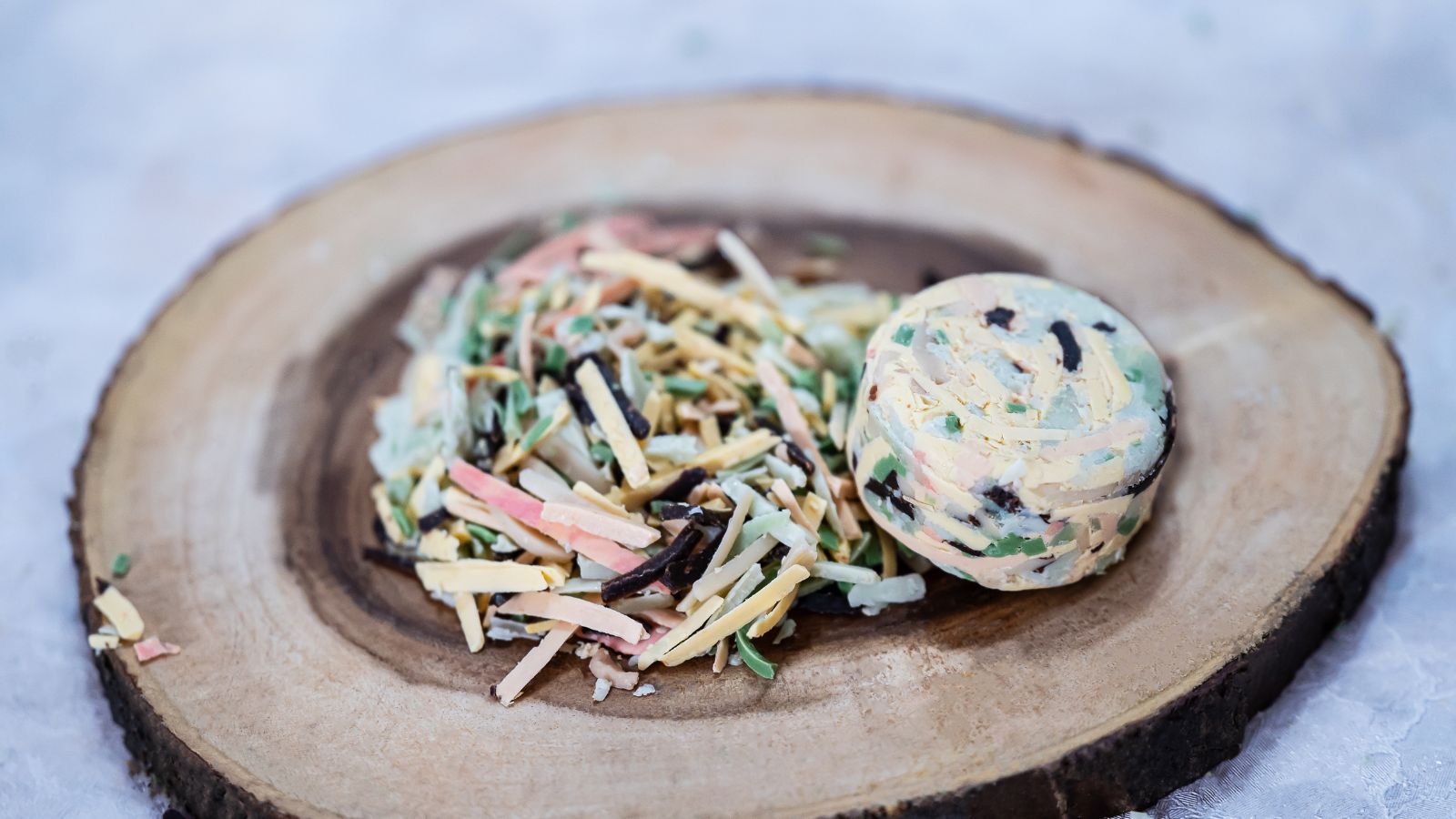
Perhaps even weirder than hair, you can actually use biodegradable soap shavings to improve the growth of your plants. Why? Because organic soap often contains a lot of nitrogen, which will be great for your soil. What’s more, it can also help to deter pests. Just make sure that you don’t use any harsh soap full of chemicals because otherwise, you might do more harm than good.
Leftover Beer
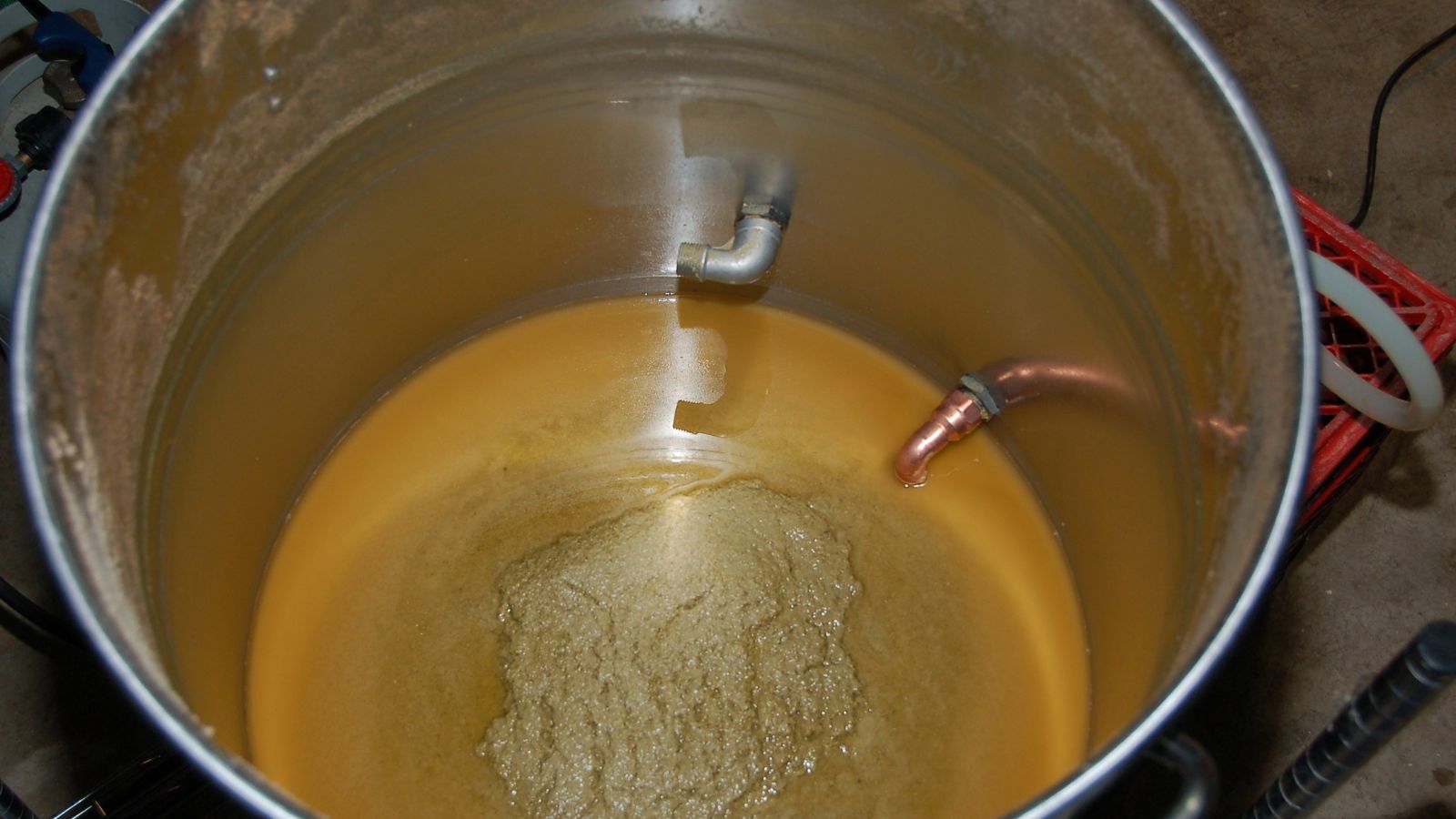
We’re entering really strange territory now, but bear with us–stale beer can genuinely benefit your plants due to its yeast and sugars. We promise that your plants won’t become drunk–just mix it with water and use it as a fertilizer, and the sugars will provide energy for beneficial microorganisms in the soil, promoting healthy growth. Please don’t overdo it, though–stick to small amounts, and only use weak beer.
Old Sponges
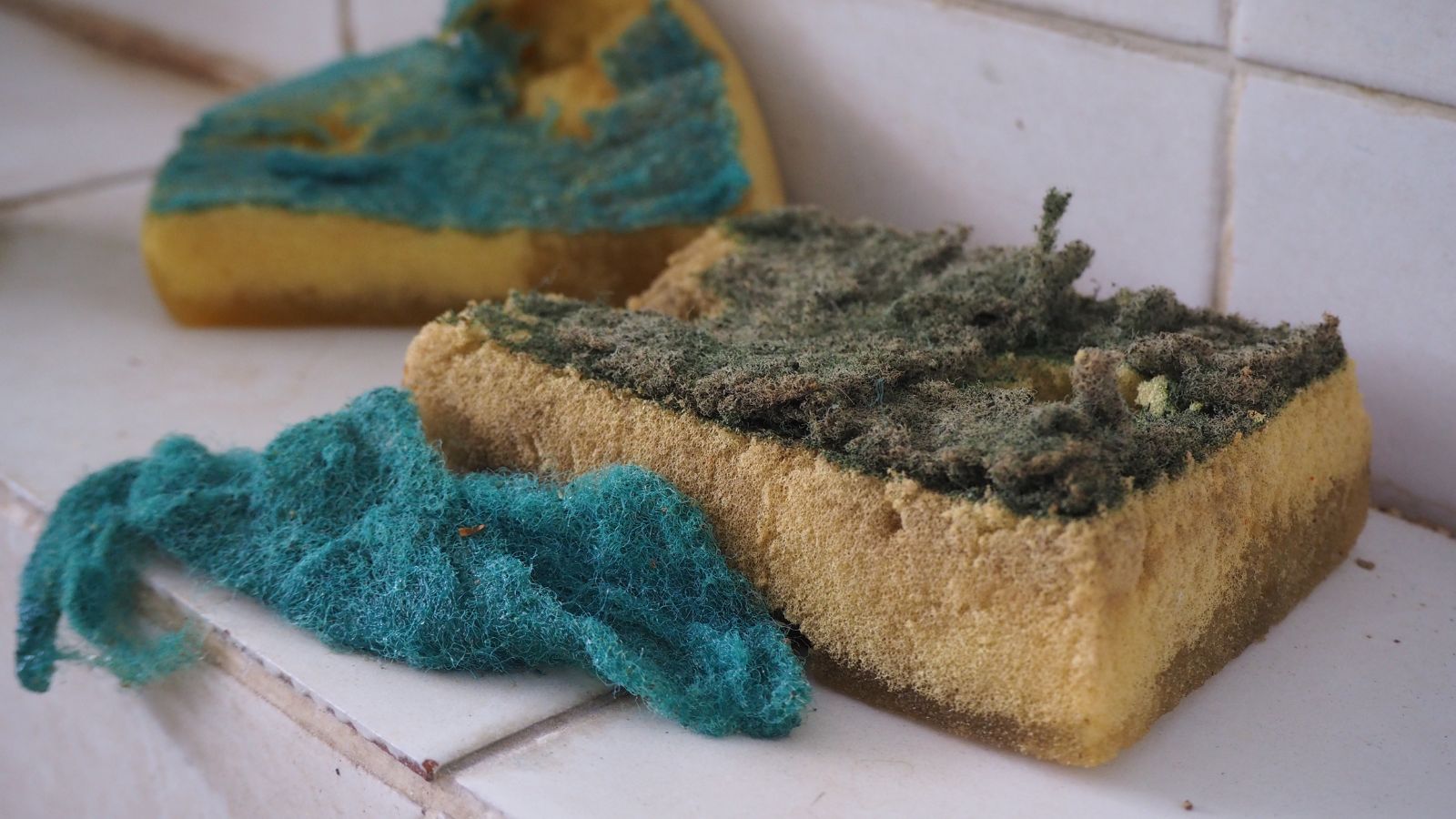
Believe it or not, old, clean sponges can help your soil to retain moisture and aerate. All you’ll need to do is cut them up into small pieces and mix them into your potting mix. It’s really that simple–this, frankly, bizarre hack will improve drainage and keep the soil moist for your plants.
Old Socks
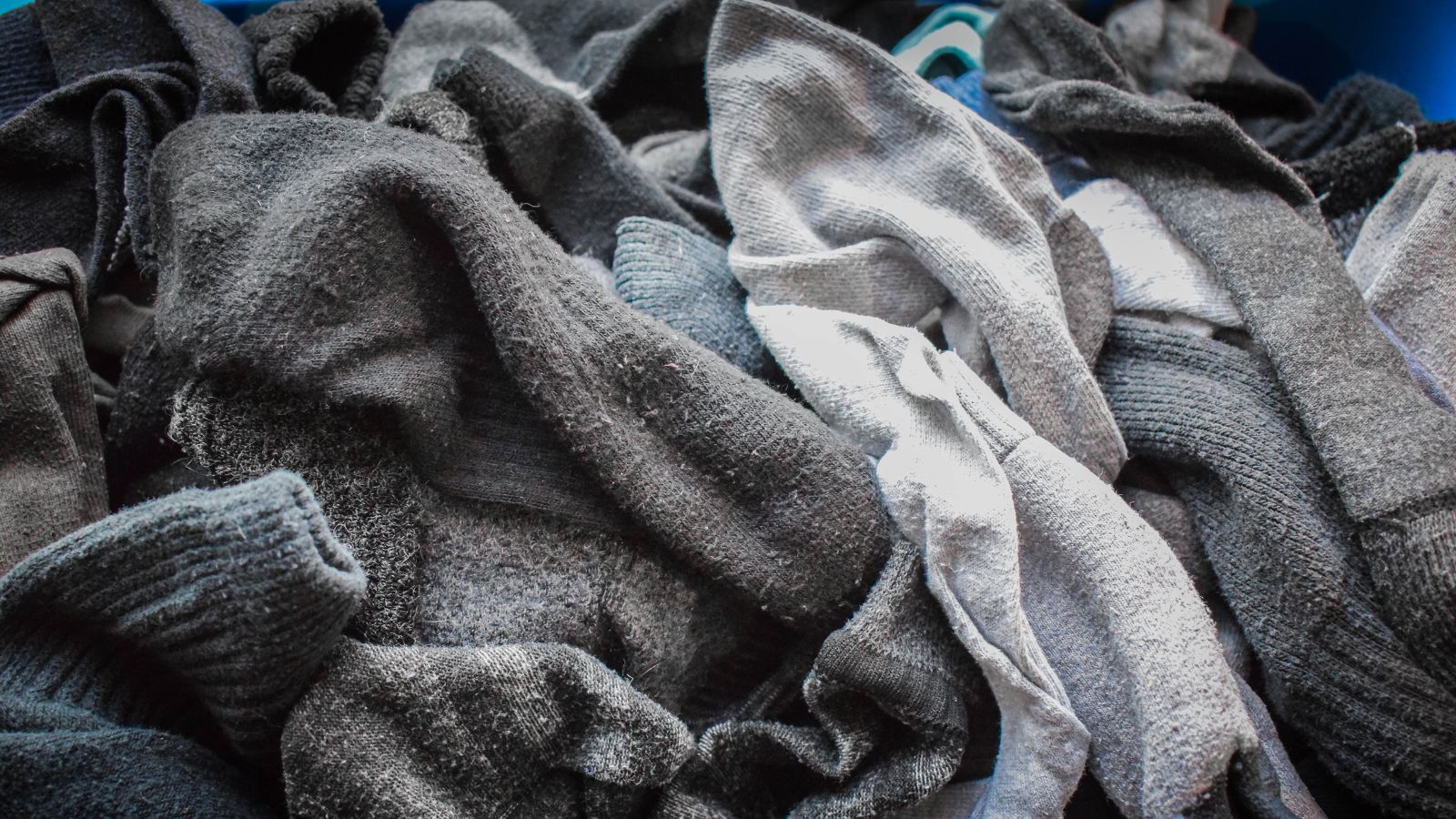
Arguably, the most bizarre gardening hack on this list is to repurpose clean, old socks into slow-release fertilizer pouches for your plants. Fill them with compost or crushed organic materials, and bury them in the soil; as the materials break down, they’ll release nutrients for your plants. It might take some courage to try, but it’s a great way to recycle those odd socks that keep appearing in your washing machine!
Corn Cobs
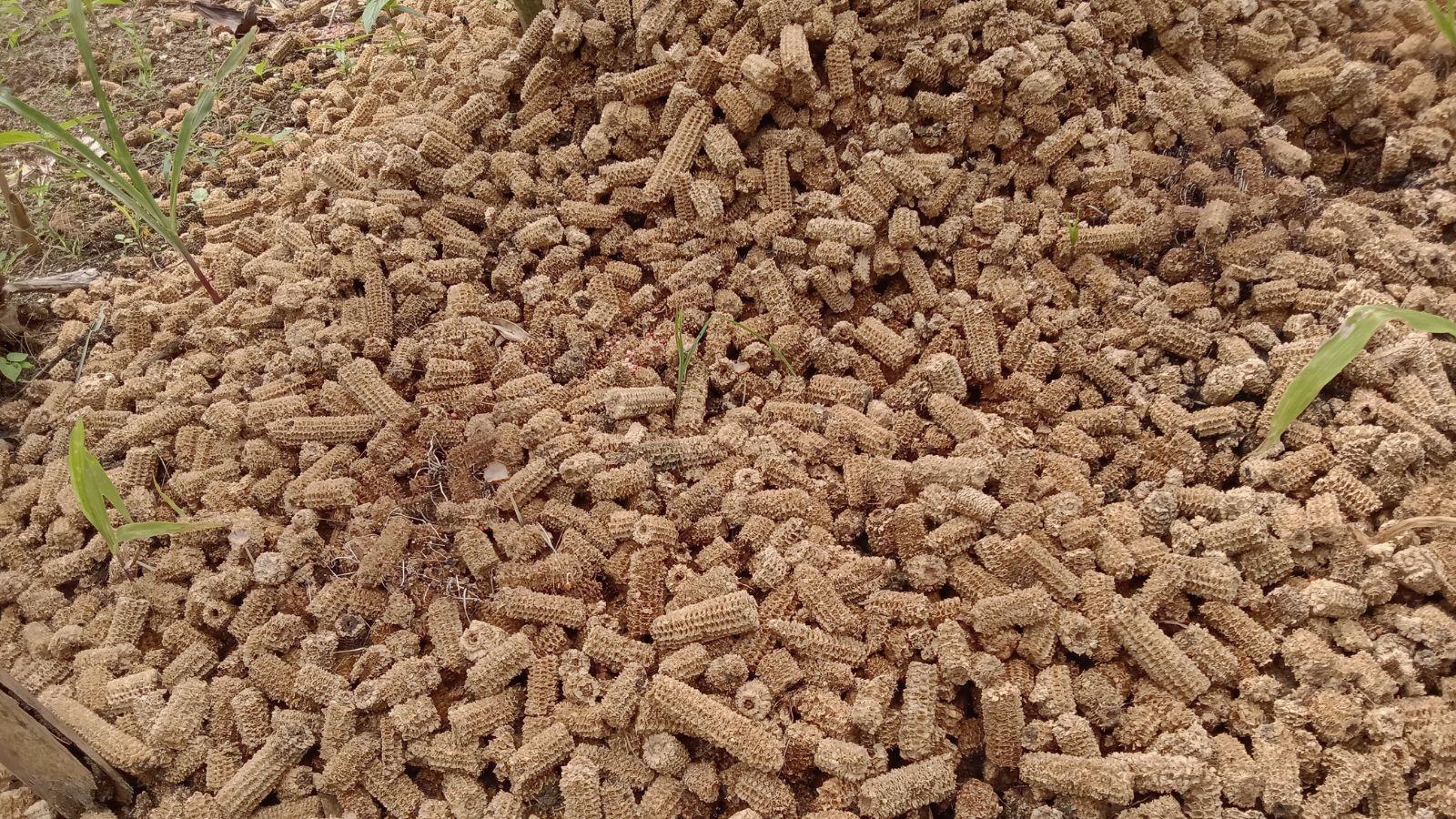
Moving back to reality for our final point, corn cobs are often overlooked as a soil fertilizer. Seriously, they make wonderful nutrient providers for your soil, so chop them up once you’ve munched away all the corn and mix them into the garden. Don’t worry, as they will definitely break down over time, enriching the soil with essential nutrients.
